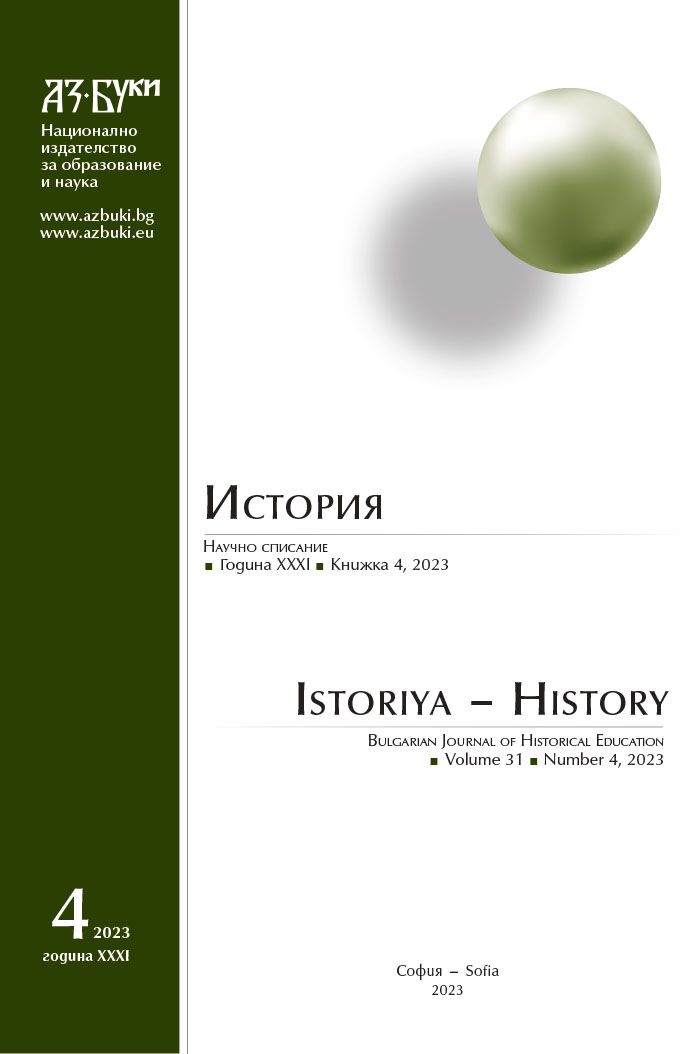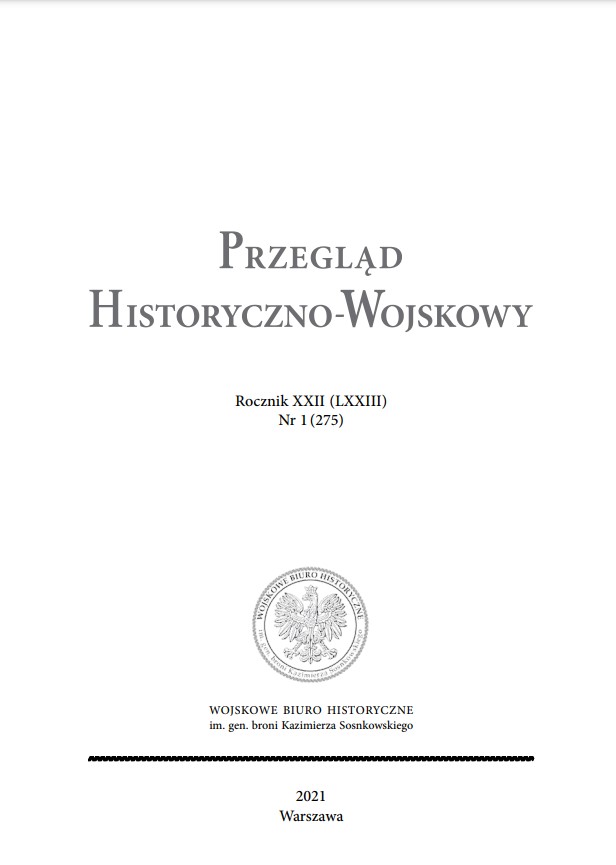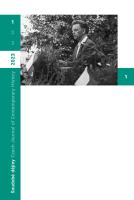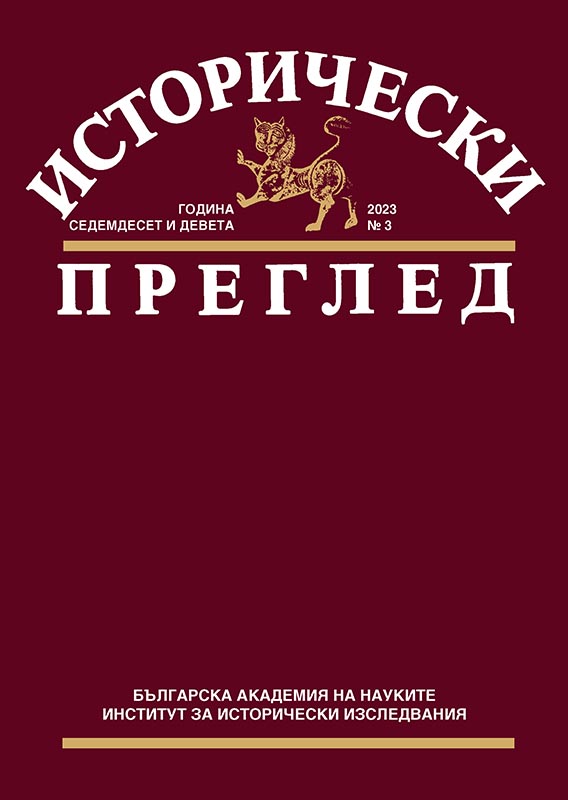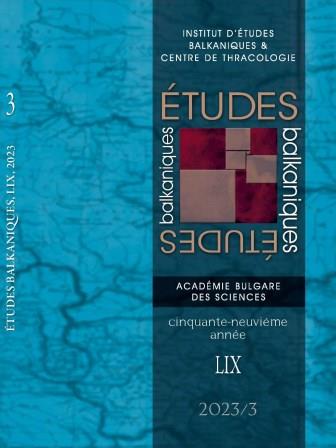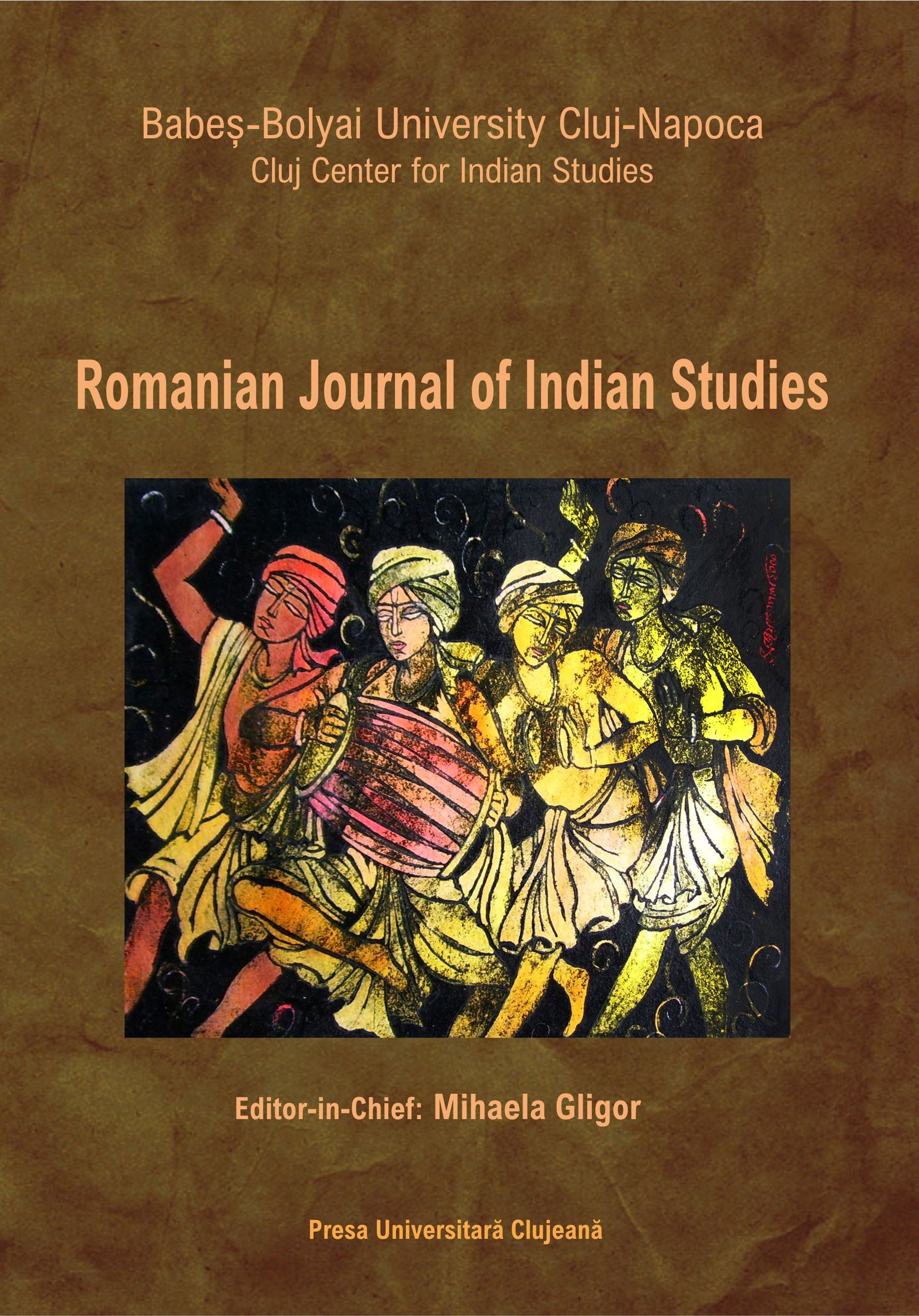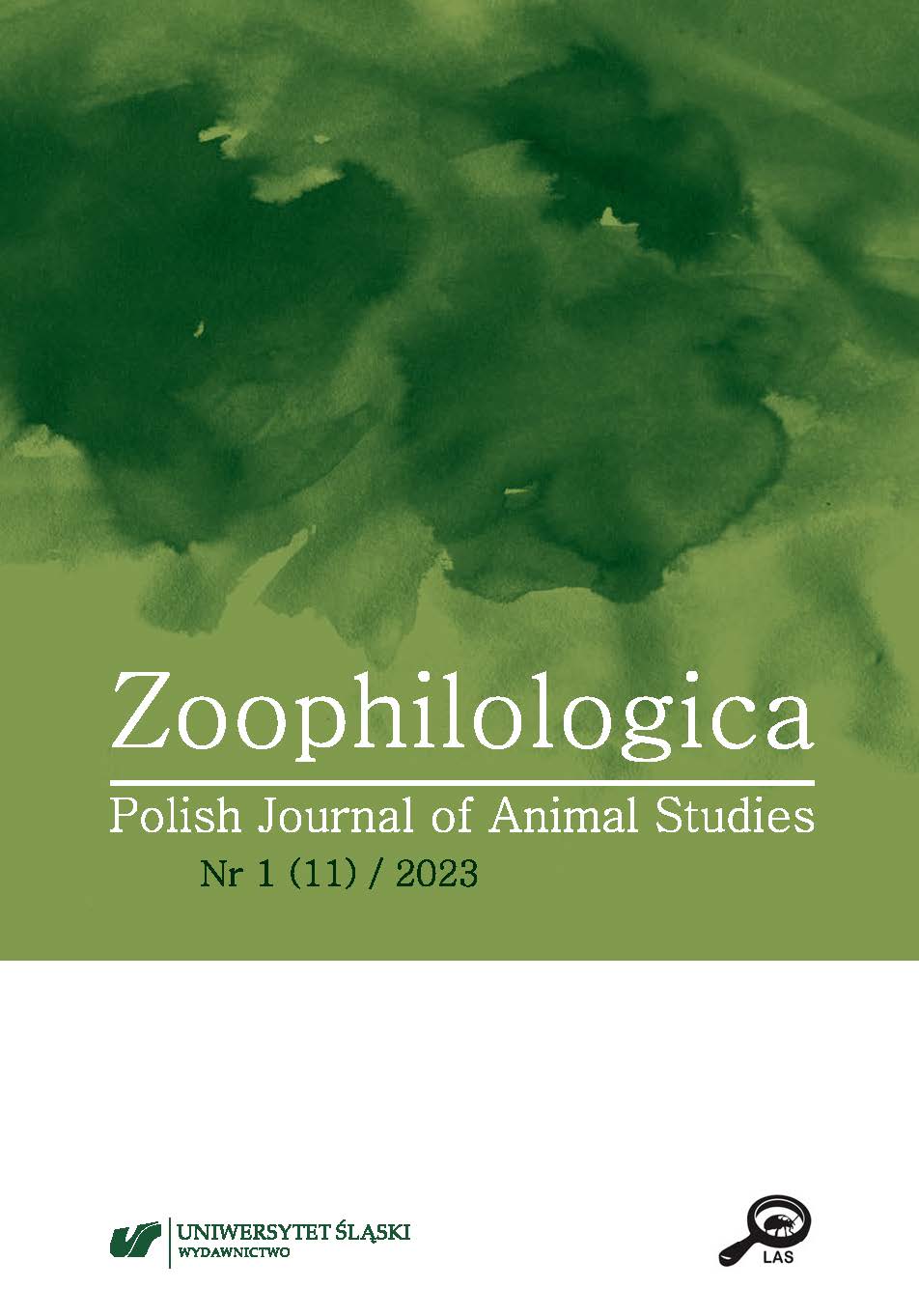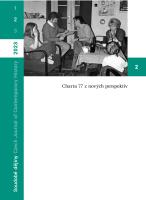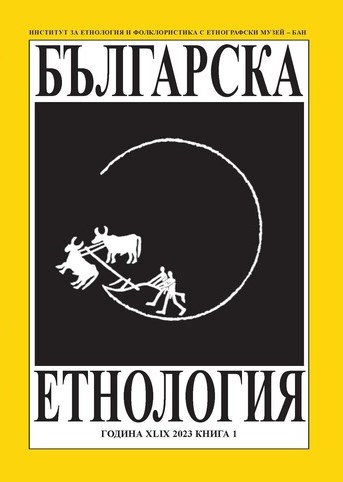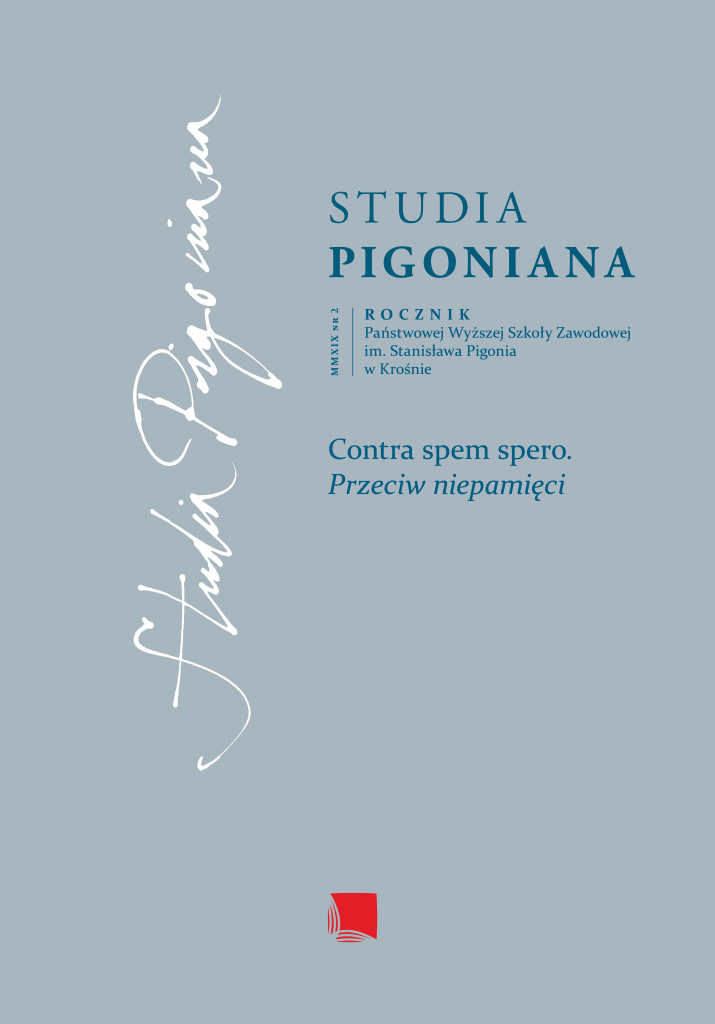
Contra spem spero. Spotkania Herlinga z Szałamowem
The article is an attempt at a comprehensive, synthetic description of the attitude of Gustav Herling-Grudzinski (1919–2000) – a great Polish writer in exile, a prisoner of Stalinist labour camps (1940–1942), and then the author of A World Apart (1951) – to the work of Varlam Shalamov (1907–1982) – an eminent Russian writer who wrote in the USSR and had been a former long-term prisoner of the Soviet labour camps (1929–1931; 1937–1951). Shalamov is primarily known as the author of the brilliant, but extremely dark Kolyma Tales (written in 1954–1962, and published 1966–1967), autobiographical, but above all describing the state of the human being of the first half of the 20th century in extremely inhuman conditions. Eagerly reading Shalamov from the beginning of the 70s until the end of his life, Herling sought from this Russian brotherly soul of his (whom he had obviously known from his publications only) the answers to both historical and metaphysical questions. On the one hand, the attitude and creative works of people like Shalamov proved to him that “another Russia” did exist – as a sort of “underground source” in the process of liberating of Eastern and Central Europe from the yoke of Communism – inevitable in Herling’s view. On the other hand, the Polish writer did not accept Shalamov’s extremely pessimistic picture of the world and the human being, strongly believing that there is a “hard core” in man, in Franz Kafka’s language, that cannot be eradicated by even the most inhuman system, neither Nazism nor Communism, referred to by Herling as “twin brothers”. The Polish writer finally recognized Shalamov – a convinced atheist it should be added – as a saintly person, alongside with the noteworthy figures who were so important for Europe – Father Maksymilan Kolbe, Janusz Korczak, Albert Camus or Franz Kafka.
More...
